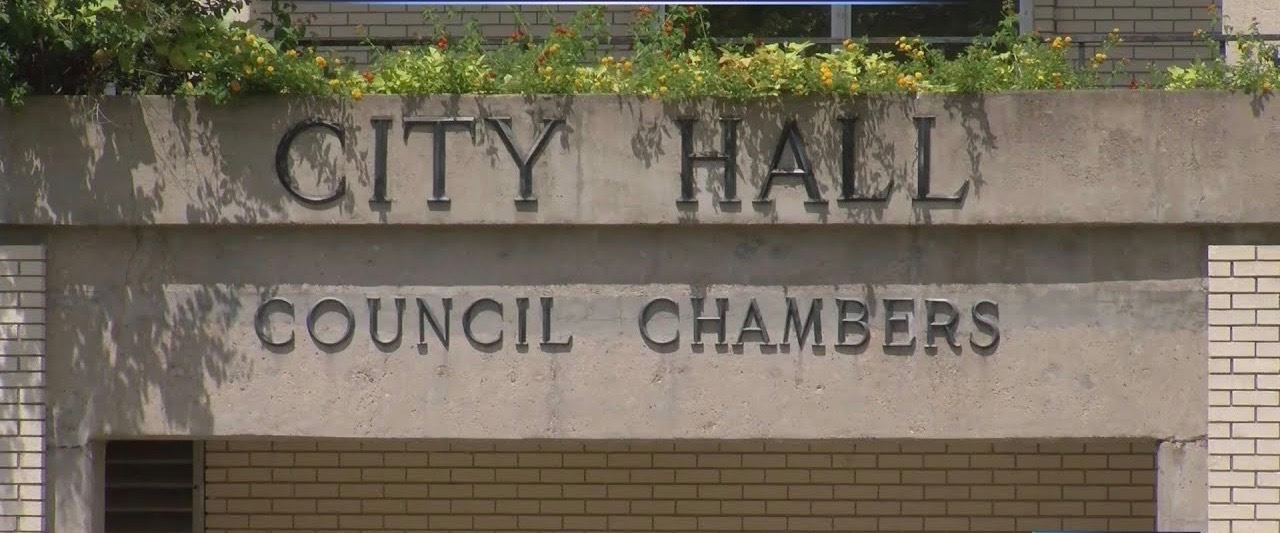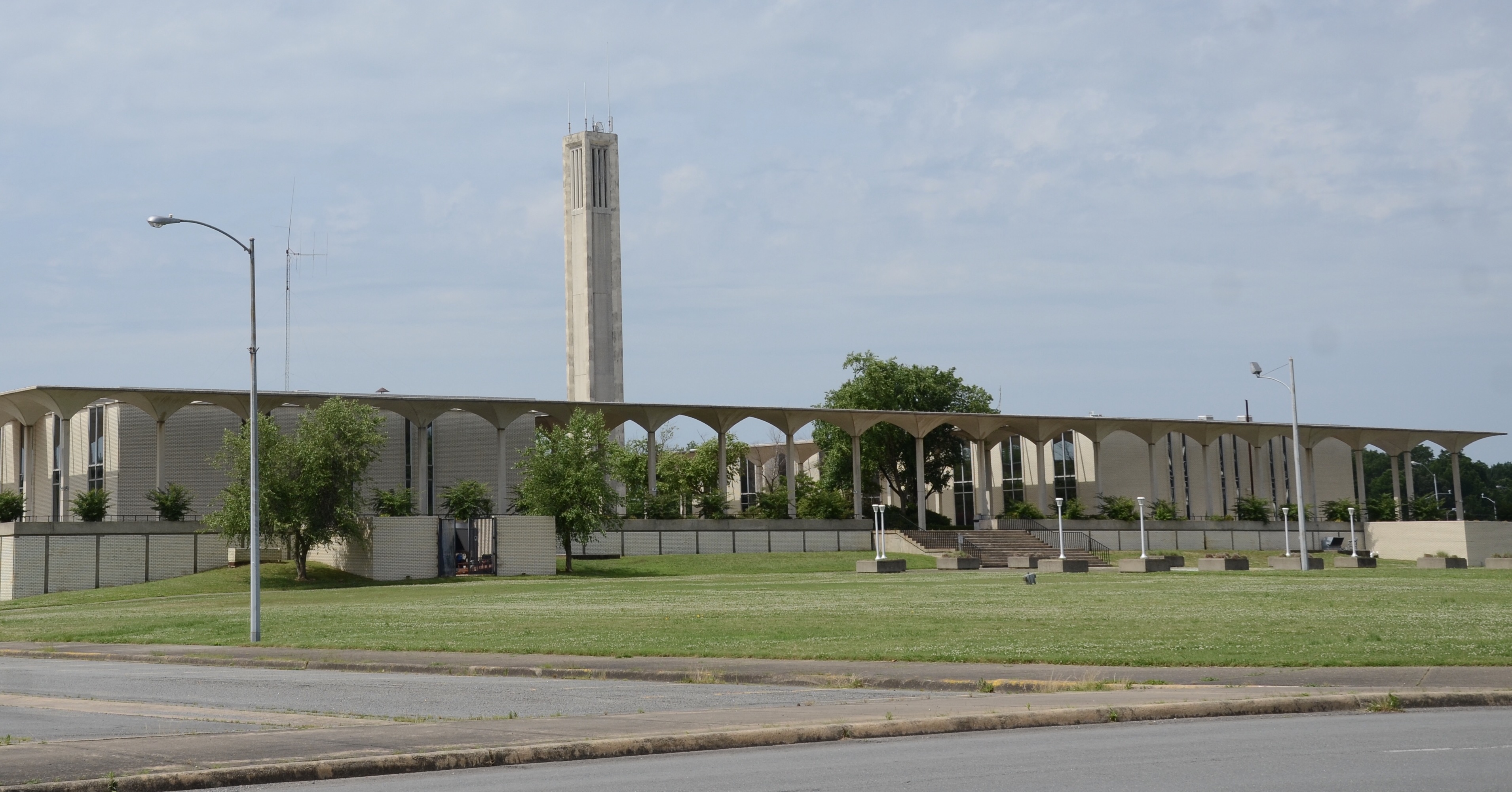Arkansas’ 92nd General Assembly convened on Monday, January 14, 2019. Legislators were sworn in and began serving in an official capacity. However, legislators have been filing bills since November 15, 2018, and continue to do so as the session starts. Of course, now they also can vote on what makes it to the floor. Here’s a quick break down of the 92nd General Assembly and its major happenings.
The Two Chambers of the General Assembly
The Arkansas House of Representatives has a total of 100 members; the Senate, 35. Both chambers have a Republican majority; most members are male and white; many but not all are attorneys in their full time professions; others are teachers, health care professionals, teachers, or business owners, to name a few common examples. The two chambers elected their respective leaders, the Speaker of the House and the Senate President Pro Tempore, back in March.
The Arkansas House of Representatives
The Arkansas House of Representatives has 76 Republicans and 24 Democrats this year. They include 25 women1 and 13 African-Americans. The re-elected Speaker of the House is Matthew Shepherd, an attorney from El Dorado. Shepherd is a Republican representing House District 6.
Pine Bluff’s residents, depending on which district their part of town falls in, have either Representative Ken Ferguson or Representative Vivian Flowers. Their contact information follows:
- Ken Ferguson, State Representative for House District 16
- Phone: 870-413-8942
- Email: Kenneth.Ferguson@arkansashouse.org
- Vivian Flowers, State Representative for House District 17
- Phone: 870-329-8356
- Email: Vivian.Flowers@arkansashouse.org
The Arkansas Senate
The Arkansas Senate is comprised of 26 Republicans and 9 Democrats. Seven are women, and three are African Americans. Jim Hendren is the Senate Leader or, more formally, the Arkansas Senate President Pro Tempore. A business owner from Sulphur Springs (Benton County), Hendren is a Republican representing state Senate District 2.
Pine Bluff’s Senator is Stephanie Flowers, and her contact information is below:
- Stephanie Flowers, State Senator for Senate District 25
- Phone: 870-535-1032
- Email: Stephanie.Flowers@senate.ar.gov
Bills and Proposals Expected to Be Addressed by the General Assembly
Legislators are likely to address just some of the tens of bills filed already; they will undoubtedly discuss and vote on the governor’s key proposals. What will likely be addressed include proposals to raise the starting salaries of teachers; the reorganization of state government agencies; tax cuts for higher income individuals and corporations; Medicaid re-authorization; and possibly ethics for state legislators themselves. Other bill proposals and interests such as increased funding for highway improvements and a tax credit for those on low income are considered doubtful for making it to a vote in this session. Of course the state’s budget will necessarily be taken up, along with decisions made on doling out funds to state programs and public schools.
Regarding the proposed tax cuts, if passed, would happen in a graduated manner over four years, ending with a top rate of 5.9%.2 The government reorganization, a proposal sought by Governor Hutchinson, proposes decreasing the number of agency heads who answer directly to the governor from 42 to 15 (many sources). For example, if passed, the measure would place the State Police, Crime Lab, and Department of Emergency Management under a new Department of Public Safety. Medicaid will need a vote on whether to reauthorize Arkansas’ Medicaid expansion; this uses both federal and state funds to purchase private insurance for those on low income people. A three-quarters vote is required to keep the expansion.
Ballot Issues Filed by Legislators Thus Far
In addition to filing regular bills, legislators typically file many proposed ballot issues. Kristin Higgins of the University of Arkansas Agricultural Extension Service calls this Ballot Issue Season for good reason. If ballot issues filed in the General Assembly pass the vote there, they become legislatively referred ballot issues for voters statewide. So whatever ballot issues come from the 92nd General Assembly will be on the 2020 ballot.
In the end, only three ballot issues total can be referred to voters, and they should all relate to the same topic or issue. So during a session, legislators spend much time finding ways to pare down the many ballot issues and perhaps merge with others.
Right now, three ballot issues have been filed. While it is not clear which ones may make it to the floor for a vote, it is important to know about them. They all propose amendments to the Arkansas Constitution; so they are not just laws, and there are ramificaations of that. One of these three issues is SJR1, a proposed amendment to shorten the General Assembly session and to eliminate the fiscal session. A second one, HJR1001, proposes an amendment to require the General Assembly to establish by law a revised election process. The third, HJR1002, proposes an amendment to abolish the General Assembly’s fiscal session and for the General Assembly to meet every two years. These are described in the Ballot Issue Season link above; they should also be available via the General Assembly information below.
Accessing Information Directly from the Arkansas General Assembly
In addition to the in-text links above, be sure to keep up with the Arkansas General Assembly online. Their web site provides additional break downs by chambers (tabs near top of web page) and has a tab link to the Bureau of Legislative Research (BLR) as well. BLR provides staff for all 135 members of the General Assembly; they are a reliable point of contact and source of technical information. BLR’s phone number is 501-682-1937.
Endnotes
- This ties the 2009 record on the number of women in the Arkansas House of Representatives.
- A number of the General Assembly bills and proposals covered here, though all publicly available information, have been summaried well by Andrew DeMillo of the Associated Press. He has described the tax cuts, Medicaid reauthorization, legislative ethics, state government re-organization, and Democrats’ desire for a tax credit to help low income residents; it is unclear if the tax credit will even be taken up.






